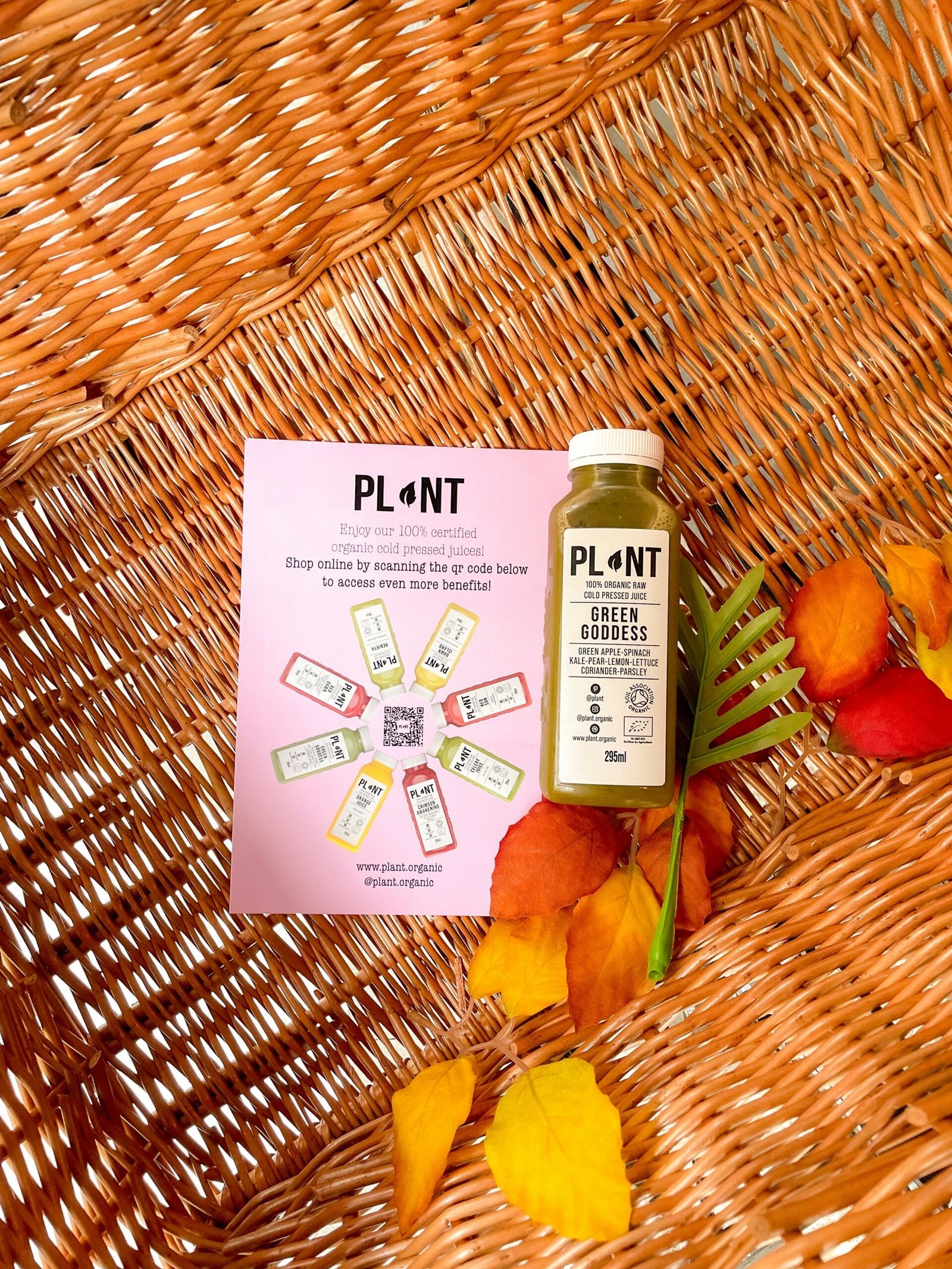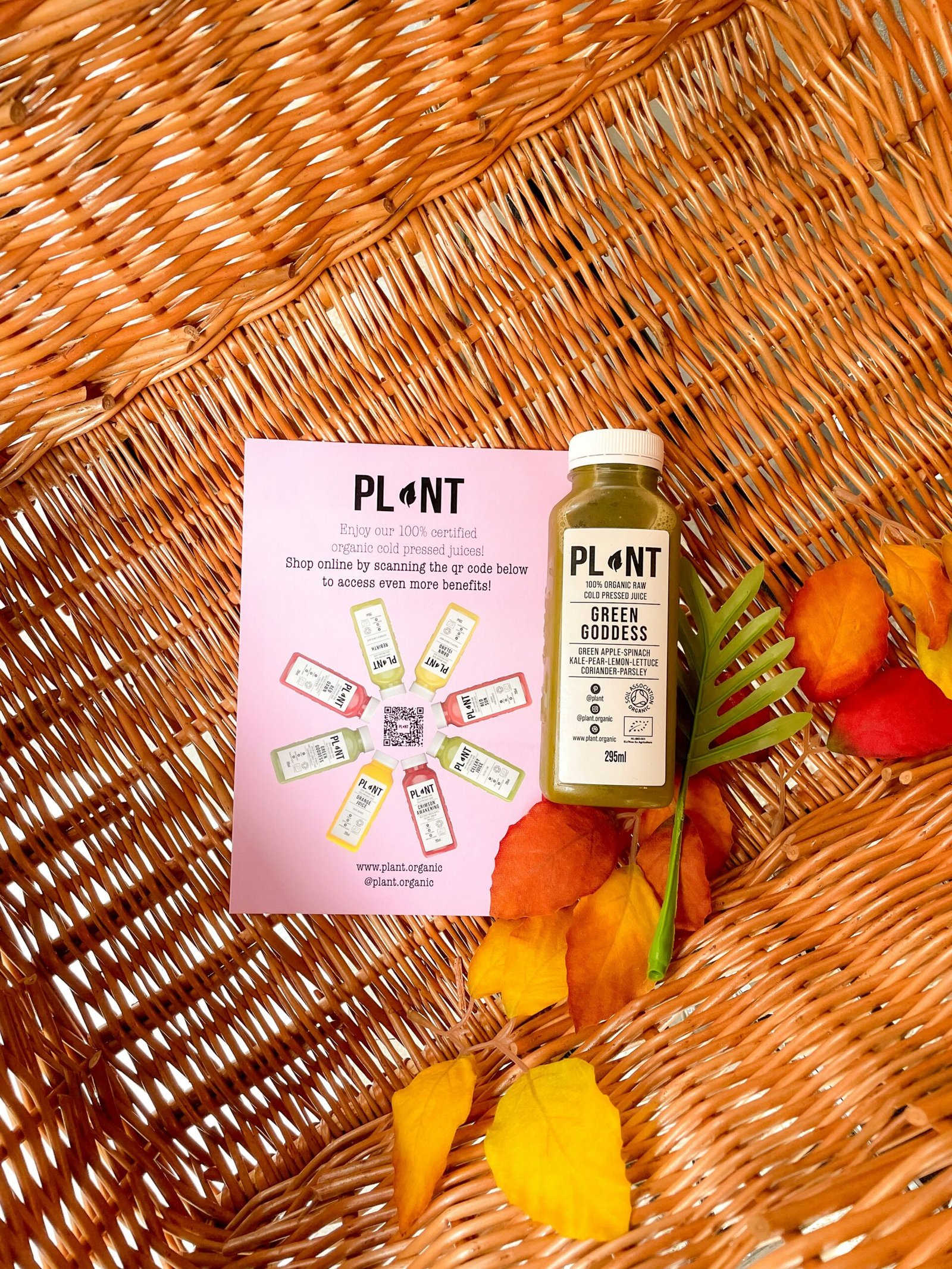New Hope for Mental Health: A Plant-Based Approach

Understanding Mental Health: The Current Landscape
Mental health is now seen as a key part of our overall health, yet many people still struggle with it today. In fact, about one in every five adults will face mental health challenges at some point in their lives. Anxiety and depression are among the most common issues, impacting millions and making daily life more difficult. The World Health Organization predicts that by 2030, depression will be the top cause of disability, highlighting how important it is to find effective ways to support mental health.
Traditional mental health treatments often include medications and different types of therapy. Medicines like antidepressants are sometimes used to help people feel better, especially when dealing with anxiety or depression. While these can help reduce symptoms for some people, they sometimes come with side effects and don’t always solve the root cause of the issue. Also, relying on medications long-term can sometimes lead to dependency, making it harder to manage mental health over time.
Therapy, like cognitive-behavioral therapy (CBT), is another approach that can help many people. However, therapy isn’t always available or affordable, and some people may feel uncomfortable seeking help due to social stigma. As more people understand how important mental health is, there’s also more interest in finding alternative, natural ways to feel better alongside traditional treatments.
Making changes to everyday habits, like eating healthier, exercising, and practicing mindfulness, is gaining popularity as a way to support mental health. This holistic approach encourages people to look at all the factors affecting their well-being instead of only focusing on the symptoms. This idea also opens up the possibility of using plant-based solutions to improve mental health.
The Science Behind a Plant-Based Diet and Mental Wellness
New research is showing that eating more plant-based foods could help boost mental health. This means that the foods we eat—especially fruits, vegetables, whole grains, and beans—might have a big impact on how we feel and think. Plant foods contain important nutrients that support our brain and body. For example, omega-3 fatty acids, which we can get from foods like flaxseeds, walnuts, and algae, are known to help the brain stay healthy. Some studies even show that getting enough omega-3s can help ease symptoms of depression and anxiety.
Plant foods are also packed with antioxidants, which help protect our brain cells. Antioxidants are found in foods like berries, leafy greens, and nuts. They help reduce something called oxidative stress, which has been linked to mental health issues. Eating foods high in antioxidants may help keep our mood steady and protect our brains as we get older.
Another benefit of plant-based diets is the fiber they provide, which is great for digestion and gut health. Scientists are finding out that the “gut-brain connection” is really important for mental health. Our gut produces chemicals like serotonin, which can improve mood, and a diet rich in fiber helps keep our gut healthy. Eating a variety of plant foods may improve our mental wellness by supporting the healthy bacteria in our gut that are needed to produce these mood-boosting chemicals.
In short, there’s a growing connection between a plant-based diet and feeling mentally stronger and healthier. By choosing more plant-based foods, we can support not just our physical health, but also our mood, focus, and overall mental well-being.
Practical Tips for Adopting a Plant-Based Lifestyle
Transitioning to a plant-based lifestyle can be a rewarding journey, offering numerous benefits for mental health and overall well-being. One of the first steps is effective meal planning, which can simplify the process and save time. Consider dedicating a day each week to plan your meals, ensuring that they are well-balanced and diverse. Incorporate a variety of fruits, vegetables, whole grains, nuts, and seeds into your meal plans to meet your nutritional needs. Utilizing meal prep containers can assist in organizing ingredients and pre-cooked meals for easy access during the week.
Grocery shopping is another essential aspect of adopting a plant-based diet. Create a shopping list before heading to the store, focusing on whole foods rather than processed options. Explore the produce section thoroughly, and don’t hesitate to try new fruits and vegetables that you may not be familiar with. When choosing packaged products, read labels carefully to ensure they align with your dietary goals. Some readers may have misconceptions about the costs associated with plant-based eating; however, a focus on seasonal produce and bulk items can significantly reduce the expenses involved.
Cooking at home is a fantastic opportunity to explore the versatility of plant-based ingredients. Simple, nutritious plant-based recipes, such as quinoa salads, lentil soups, and vegetable stir-fries, can be easy to prepare and can cater to various tastes. Engage with online cooking communities or social media platforms to find inspiration and tips from fellow plant-based eaters. If you encounter challenges, such as a lack of time or cooking skills, consider starting with one plant-based meal per day and gradually increasing the frequency. This methodical approach not only eases the transition but also instills confidence in making healthier choices.
By equipping yourself with the knowledge and skills needed to adopt a plant-based lifestyle, you can enhance your mental health while enjoying delicious and nourishing meals.
Personal Stories and Successes: Real-Life Transformations
Improving mental health through a plant-based diet isn’t just an idea—it’s something many people have experienced and shared. Take Sarah, for example. She’s a young professional who dealt with anxiety and depression for years. When she decided to switch to a plant-based diet, eating more fruits, vegetables, nuts, and beans, she noticed big changes. Her anxiety got better, her mood improved, and she even felt more energized. This new way of eating gave her a fresh start, helping her feel her best both in her personal life and at work.
Another example is Tom, a man who was dealing with high stress and burnout. He started eating more plant foods and cut back on processed foods and meat. Through this change, he noticed he could manage his emotions better and felt more balanced in life. He credits plant-based foods—especially omega-3-rich foods like flaxseeds and walnuts, and antioxidant-packed berries and leafy greens—for helping him feel mentally stronger and more at ease. His story shows how a plant-based diet can really make a difference for both mental and emotional health.







